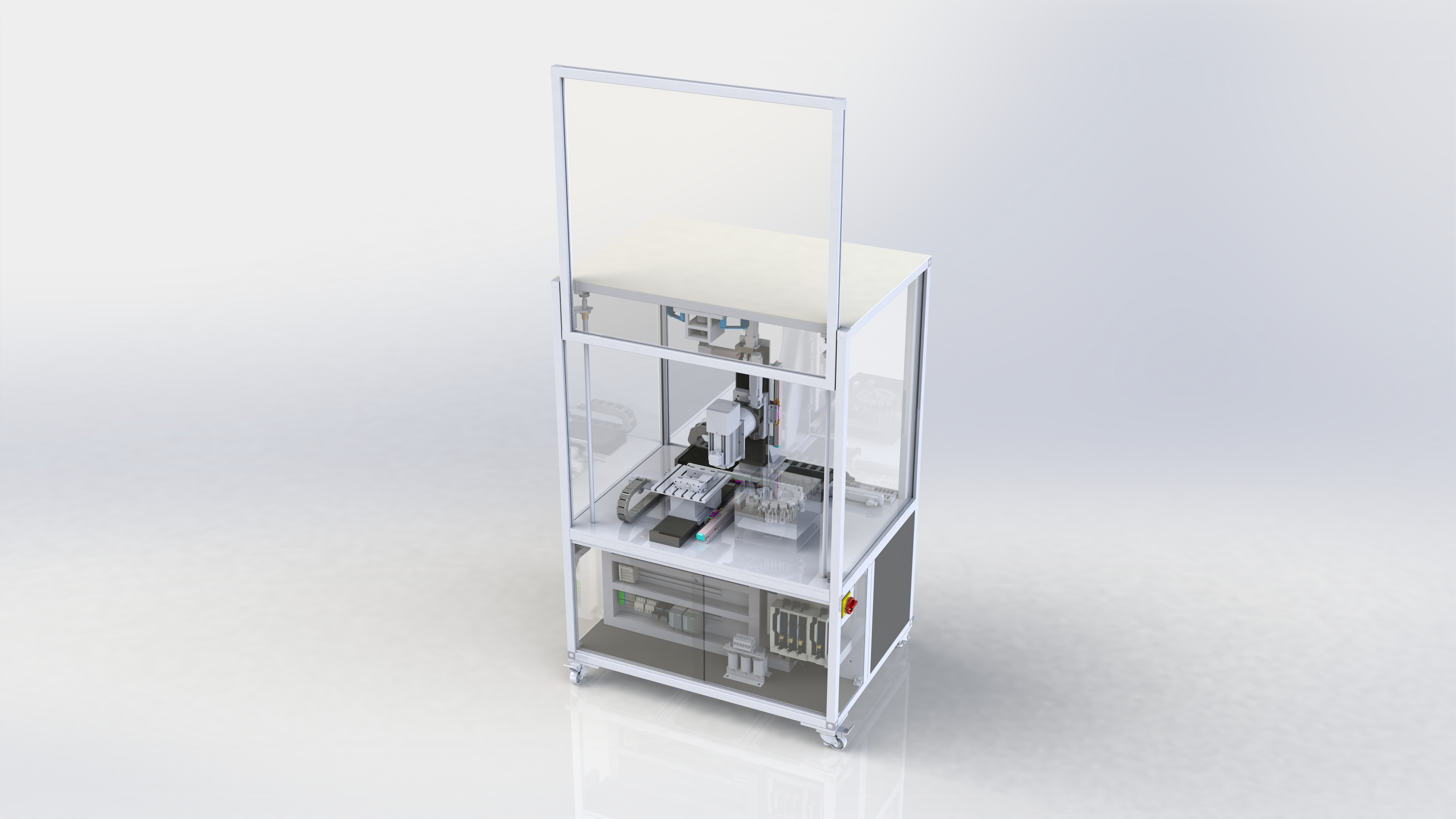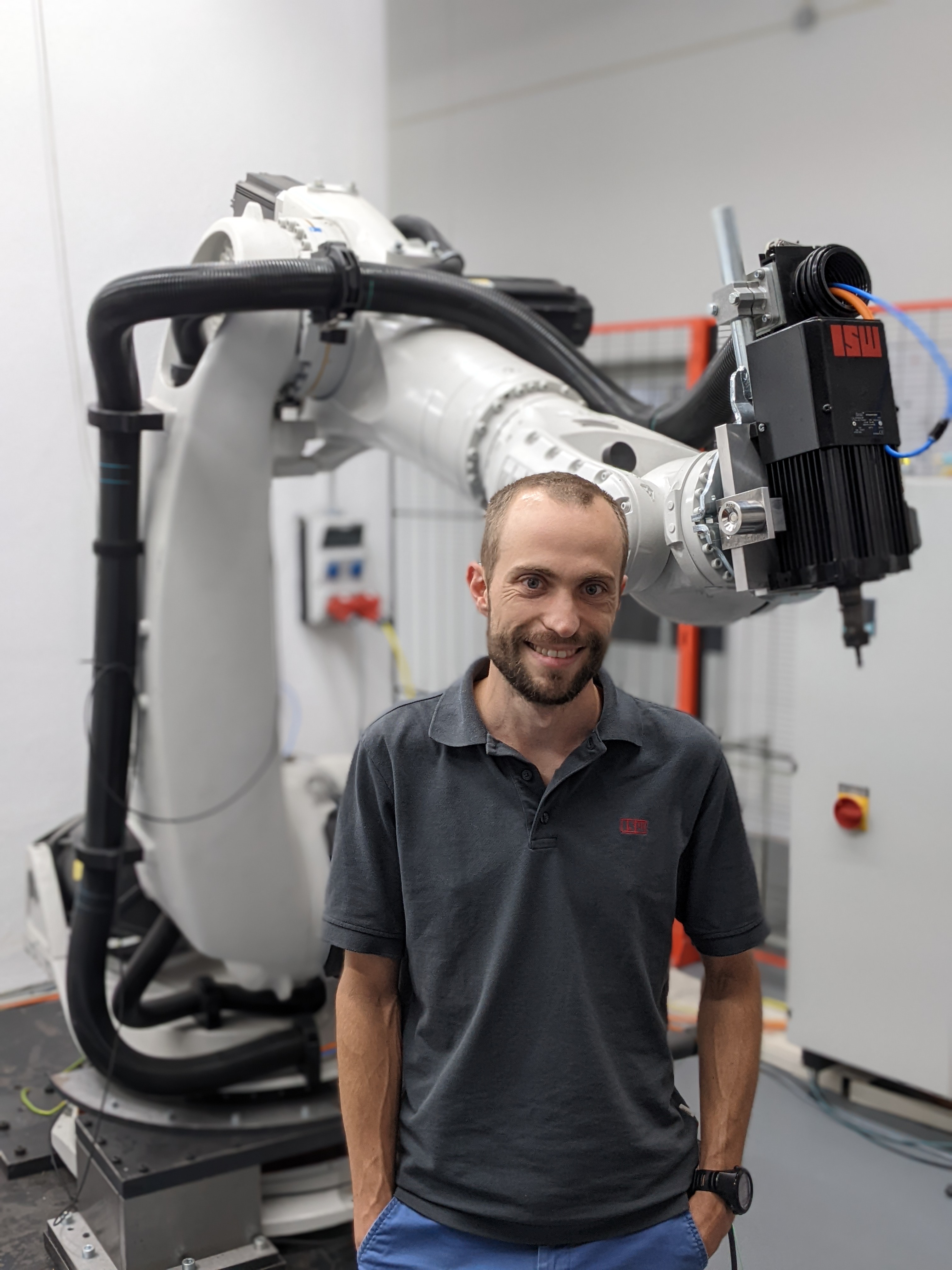Establishment of the junior research group in the InnovationCampus Future Mobility
In the InnovationCampus Future Mobility (ICM), the University of Stuttgart and the Karlsruhe Institute of Technology are pooling their expertise in research and innovation in order to shape the mobility and production of the future and increase innovative strength in Baden-Württemberg.
The unique combination and networking of the competences of the university and research locations of Stuttgart and Karlsruhe will strengthen scientific excellence and the training of young scientists in Baden-Württemberg. To this end, the ICM is establishing junior research groups and junior professorships at both universities, which are closely interlinked and complement each other in their research specialisms.
Research on the digital twin using machine learning methods
The central element of the junior research group ‘Digital twins as grey box models for production engineering’ is the model-based representation of dynamic behaviour in the digital twin for the design, control and optimisation of production engineering systems. Various identification procedures and methods from machine learning will be used for modelling. The research topics will be developed and expanded with a team of other research associates at the Institute for Control Engineering of Machine Tools and Manufacturing Units (ISW) at the University of Stuttgart.
The junior research group researches and develops potential key technologies in this subject area, also outside the usual research and technology paths. For this purpose, it can access the equipment of the ISW and the cross-sectional resources of the University of Stuttgart and its partners.
Christoph Hinze is planning intensive and interdisciplinary collaboration within the ICM with other junior research groups and within the University of Stuttgart, particularly in the areas of non-linear control technology, machine tools and machine learning. In addition to basic research, he also aims to transfer results, for example through projects with industry.
About the person
Christoph Hinze studied technical cybernetics at the University of Stuttgart and has been a research associate at ISW ever since. His research focuses on dynamics modelling for optimisation and control applications, control-related physics simulation and sensor integration as well as real-time capable machine learning methods in control engineering.
The junior research group is currently being set up and is looking for an employee for a dissertation and research in the field of mechatronic grey box modelling with a focus on data integration (administration shell) and control-related machine learning. Further information on the position can be found in our job advertisements.


